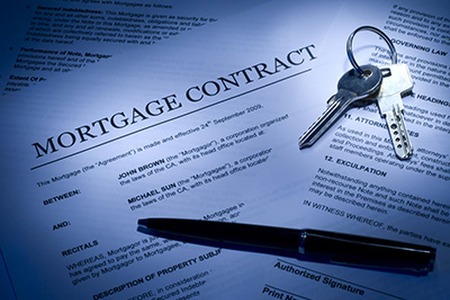Chapter 2:
Why do I need homeowner's insurance... and what if?
Hazard Insurance is the insurance industry term for a homeowners insurance policy. Mortgage companies require you to have Hazard Insurance on your home if you carry a mortgage, just as banks require comprehensive automobile insurance on new cars. A lender can and will force place a policy on your home to protect their investment in the property if you fail to keep it insured. These force placed policies are much more expensive to carry and take away all control of the policy from the homeowner and give it to the bank. It is always best to find your own policy that you are in charge of, not the bank. After all, it is your home.
If you do not have a mortgage on your property, you have the option of self-insuring, which means that you do not take out an insurance policy. Self-insuring is not recommended and can be very costly in the long run to the home owner. The primary thing to consider is liability. Are you, the home owner, willing to be financially responsible in the event of a lawsuit? Another concern is all the out-of-pocket expenses you may end up facing. All expenses for any damage and/or repairs made to the home, regardless of the cause, are paid out of your pocket.
There is a common misconception that the government will step in and help a homeowner in the event of a major disaster. To count on disaster assistance from the government is a huge gamble. The parameters around a Presidentially-declared disaster are complicated and often result in long waits without any real financial assistance.
Most often, disaster assistance from the government comes in the form of a loan, usually through the Small Business Administration (SBA), that must be repaid with interest. A loan with the SBA can extend 30 years. The average loan to households in 2008, for Presidential disaster declarations relating to flood, was less than $4000. (See Chapter 7 for more information on flood insurance.)


